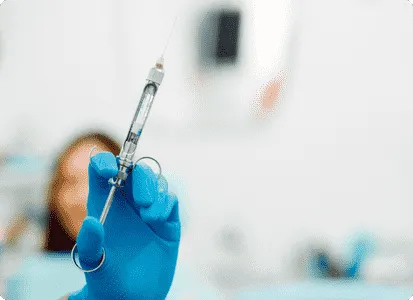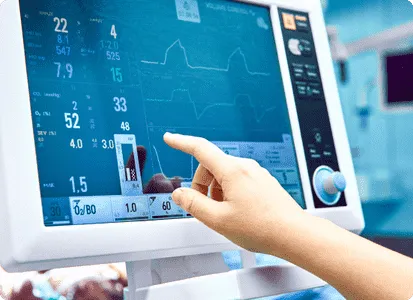Unlocking the Potential of Thyroid Surgery
Thyroidectomy Explained Discover the Essential Purposes of Thyroid Surgery

Targeting Thyroid Cancer

Resolving Thyroid Nodules and Cysts

Addressing Goiter and Throwing swelling
Managing Hyperthyroidism and Hypothyroidism in Special Cases Consult with Dr. Amit Chakraborty, Your Trusted Thyroid Surgery Expert
Unlocking the Potential of Thyroid Surgery:
Thyroidectomy Explained Discover the Essential Purposes of Thyroid Surgery
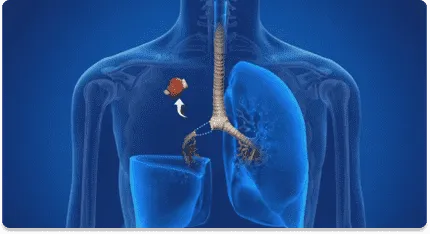
Lobectomy:
When only one lobe of the thyroid gland is affected by nodules or swelling, a Lobectomy may be performed. This surgical procedure involves the removal of one lobe while preserving the other.
Subtotal Thyroidectomy:
In cases where the entire thyroid gland is not removed, a Subtotal Thyroidectomy is conducted. This procedure removes a significant portion of the thyroid tissue while leaving behind a small amount to maintain some thyroid function.
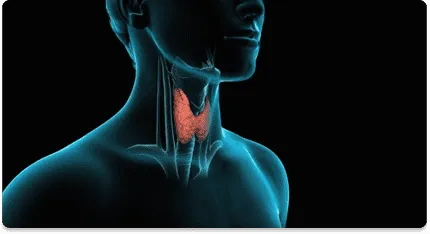
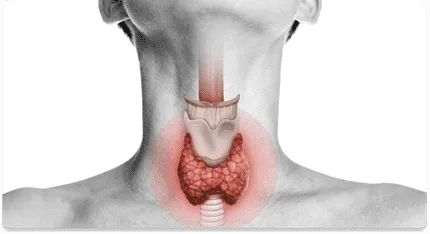
Total Thyroidectomy:
For extensive thyroid issues or in the presence of cancer, a Total Thyroidectomy is recommended. This comprehensive surgery involves the complete removal of the thyroid gland and all thyroid tissue, offering a definitive solution for various thyroid conditions.
Unlocking Thyroid Cancer Surgery
Your Comprehensive Guide
Learn more about which thyroid cancer surgery procedure is right for you. Take the first step towards better thyroid health and peace of mind.
Navigating Post-Thyroid Cancer Surgery Care
Your Roadmap to Recovery

Embark on your journey to renewed health and vitality. Schedule your post-surgery consultation with Dr. Amit Chakraborty for personalized care and support.
FAQs
-
Q: What is thyroid cancer?
Thyroid cancer occurs when abnormal cells grow and multiply in the thyroid gland, a butterfly-shaped gland located in the front of the neck that produces hormones that regulate growth and development.
-
Q: What is the prognosis for thyroid cancer?
The prognosis for thyroid cancer is generally good, especially if diagnosed early. The 5-year survival rate for thyroid cancer is about 98%. However, the prognosis may vary depending on the type and stage of cancer, as well as the individual's overall health.
-
Q: How is thyroid cancer treated?
Treatment typically involves:
- Surgery: Removing the thyroid gland (thyroidectomy) or the affected lobe (lobectomy).
- Radioactive iodine therapy: Using radioactive iodine to destroy any remaining cancer cells.
- Hormone therapy: Taking hormone replacement medication to replace thyroid hormones.
- External radiation therapy: Using external radiation to kill cancer cells.
-
Q: How is thyroid cancer diagnosed?
Diagnosis typically involves:
- Physical exam: A doctor will perform a physical exam to check for any abnormalities in the neck.
- Imaging tests: Ultrasound, CT, or MRI scans may be used to visualize the thyroid gland and lymph nodes.
- Biopsy: A sample of thyroid tissue is removed and examined for cancer cells.
- Blood tests: Blood tests may be used to check for abnormal hormone levels or genetic markers.
-
Q: What are the symptoms of thyroid cancer?
Symptoms of thyroid cancer may include:
- A lump or nodule in the neck: The most common symptom, which may be painless.
- Swollen lymph nodes: Enlarged lymph nodes in the neck may be a sign of thyroid cancer.
- Difficulty swallowing: Thyroid cancer can cause difficulty swallowing or breathing.
- Voice changes: Hoarseness or changes in the voice may occur.
- Neck pain: Pain in the neck or throat may be a symptom of thyroid cancer.




